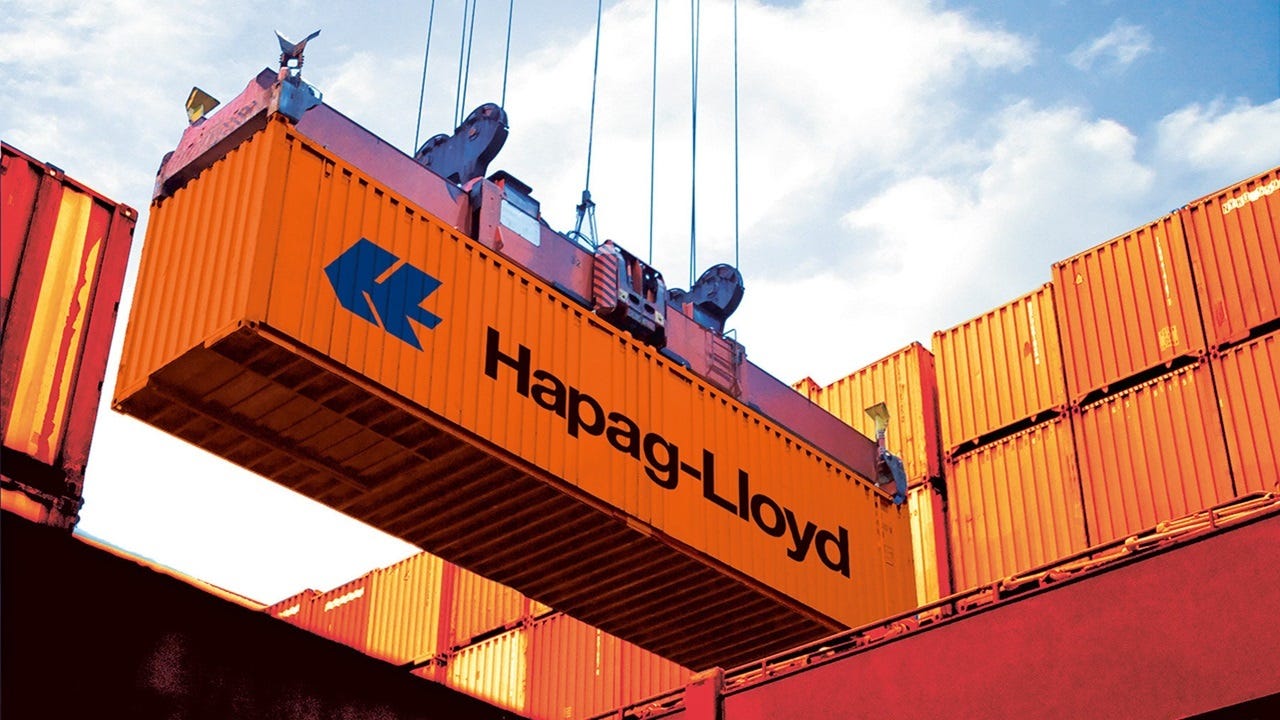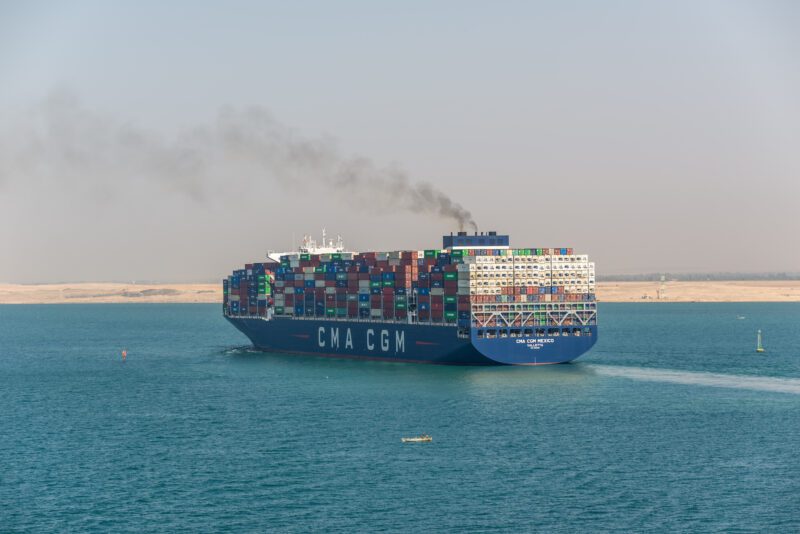NONE
none
none
none
none

Meeting the challenges of container shipping congestion and schedule reliability comes at a cost, but logistics managers can control slow but steady cargo handling

Đối phó với những thách thức của tình trạng tắc nghẽn vận tải container và độ tin cậy lịch trình đi kèm với chi phí, nhưng các nhà quản lý logistics có thể kiểm soát việc xử lý hàng hóa một cách chậm nhưng ổn định.

Khám phá vận đơn đường biển và những ý nghĩa của nó trong vận tải toàn cầu. Tìm hiểu về quyền lợi, thay đổi và trách nhiệm liên quan.

Explore the sea waybill and its implications in global shipping. Understand rights, changes, and responsibilities involved.

Khám phá tác động của việc tòa án Hoa Kỳ hủy bỏ phán quyết chính yếu của FMC – 46 C.F.R. 541.4 – và ý nghĩa của nó đối với khách hàng Hoa Kỳ.

Chỉ số container thế giới Drewry không thay đổi trong tuần này, ở mức $1,852 cho mỗi container 40 feet, vì giá cước giảm trên các tuyến Transpacific đã được bù đắp bằng sự tăng giá liên tục trên các tuyến châu Á - châu Âu.

Explore the impact of the US court setting aside key FMC ruling – 46 C.F.R. 541.4 – and what it means for US customers..

The Drewry World Container Index remained unchanged this week at $1,852 per 40-foot container, as declining rates on Transpacific routes were offset by continuing increases on Asia-Europe lanes.

French shipping giant CMA CGM on Friday reported declining revenues and profitability for the third quarter of 2025, as the global container shipping industry grapples with persistent geopolitical tensions and...

none

PHỤ LỤC I (Ban hành kèm Thông tư số 39/2018/TT-BTC ngày 20/4/2018 của Bộ trưởng Bộ Tài chính) Thay thế Phụ lục II Thông tư số 38/2015/TT-BTC như sau: Phụ lục II CHỈ TIÊU THÔNG TIN LIÊN QUAN ĐẾN THỦ TỤC HẢI QUAN ĐIỆN TỬ VÀ CHẾ ĐỘ QUẢN LÝ ĐỐI VỚI HÀNG HÓA XUẤT KHẨU, NHẬP KHẨU (Ban hành kèm Thông tư số 38/2015/TT-BTC ngày 25/3/2015 của Bộ trưởng Bộ Tài chính)

Ban hành kèm Thông tư số 38/2015/TT-BTC ngày 25/3/2015 của Bộ Tài chính PHỤ LỤC II CHỈ TIÊU THÔNG TIN LIÊN QUAN ĐẾN THỦ TỤC HẢI QUAN ĐIỆN TỬ ĐỐI VỚI HÀNG HÓA XUẤT KHẨU, NHẬP KHẨU

CO điện tử được phát hành lần đầu tiên tại Việt Nam vào năm 2018. Cụ thể, hệ thống CO điện tử đã được triển khai trên nền tảng của Cục Hải quan, thuộc Bộ Tài chính. Đây là một bước tiến quan trọng trong việc thúc đẩy sử dụng công nghệ số và giảm bớt thủ tục giấy tờ trong quá trình xác nhận nguồn gốc hàng hóa.

The e-CO was first introduced in Vietnam in 2018. Specifically, the e-CO system has been deployed on the platform of the Customs Department under the Ministry of Finance. This represents a significant step in promoting the use of digital technology and reducing paper-based procedures in the process of verifying the origin of goods.

Đối với những lô hàng có giá trị trên 6000 EURO thì bắt buộc phải có mã số REX.